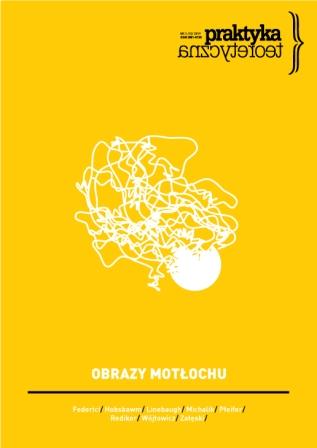„Oj skończy się nam, skończy nasze mordowanie”. Ludowe pieśni antyfeudalne, Ściegienny, Szela i możliwy wpływ chłopskiej teologii emancypacyjnej na rabację galicyjską
Anti-feudal Folk Songs and the Possible Impact of Peasant Liberation Theology on the Outbreak and Course of the Galician Peasant Uprising of 1846
Author(s): Kasper PfeiferSubject(s): Customs / Folklore, Poetry, Social history, Polish Literature, Crowd Psychology: Mass phenomena and political interactions, 19th Century
Published by: Uniwersytet Adama Mickiewicza
Keywords: oral literature; peasant songs; serfdom; Piotr Sciegienny; Jakub Szela; Galician Slaughter;
Summary/Abstract: Using methodologies that accentuate the narrative and discursive contexts of history, the author analyzes oral literature accompanying the Galician Slaughter led by Jakub Szela (1846) and the revolutionary movement organized in the Congress of Poland by Piotr Ściegienny (1842-1844). The main thesis of this article asserts that both of these anti-feudal movements were interrelated in their theories and practices, and that Piotr Sciegienny’s theology of liberation was their common source. Support for my hypothesis can be found in rebellious folk songs lyrics which have survived to this day. Reconstructing the links between the starting points of peasant engagement in both revolutionary movements, the author compares the textual content of rebel songs from the time of the Galician Slaughter to Piotr Sciegienny’s political works. The parallels that can be found between his writings and both the Galician songs and those of Sciegienny’s own peasant movement lead me to conclude that the practice of the peasant revolutionary movement of the Galician Slaughter was deeply rooted in the theory of Piotr Sciegienny and to perceive in Jakub Szela’s actions his overarching aim – the overthrowing of the Galicia’s feudal system.
Journal: Praktyka teoretyczna
- Issue Year: 2019
- Issue No: 33
- Page Range: 89-114
- Page Count: 26
- Language: Polish

